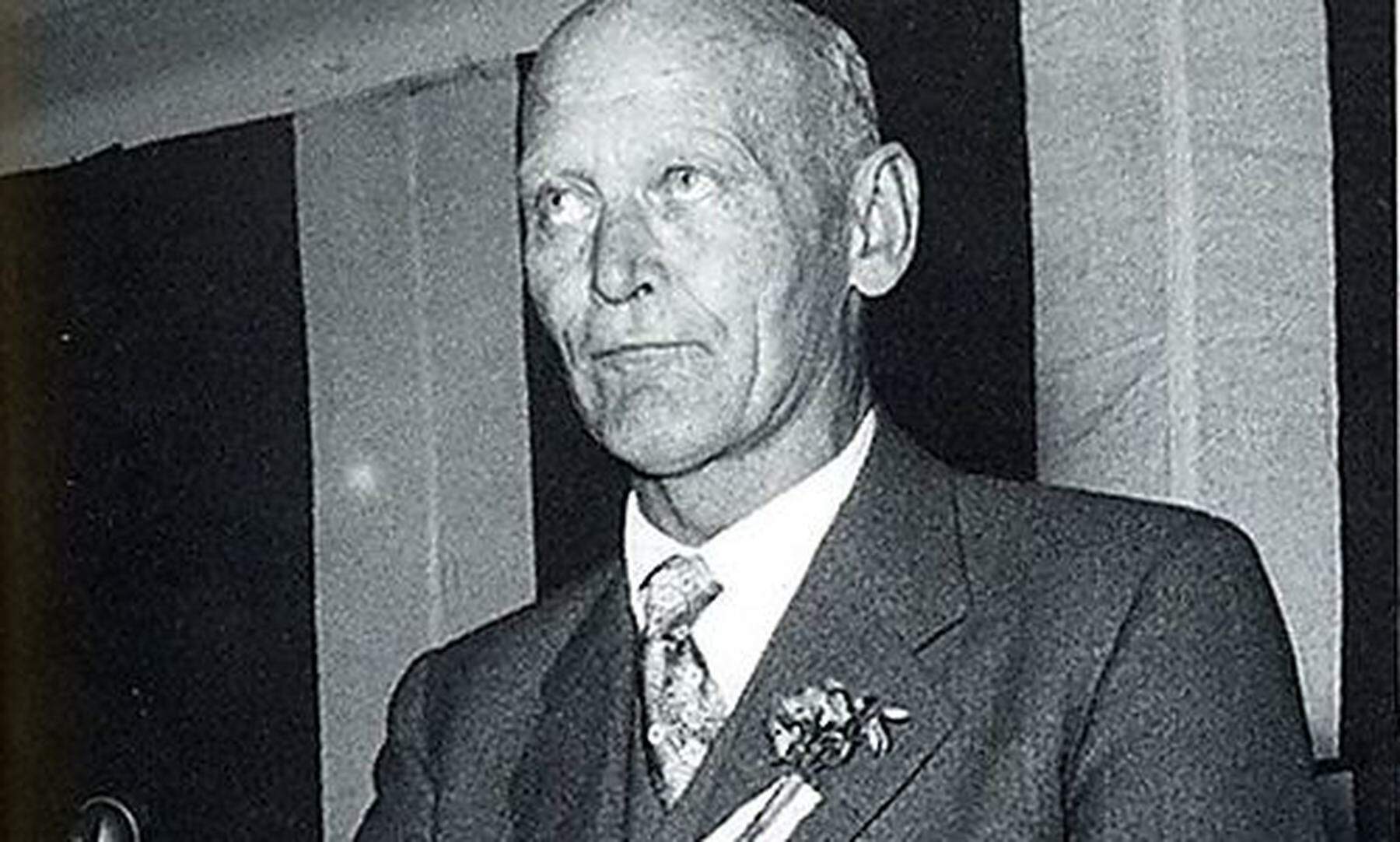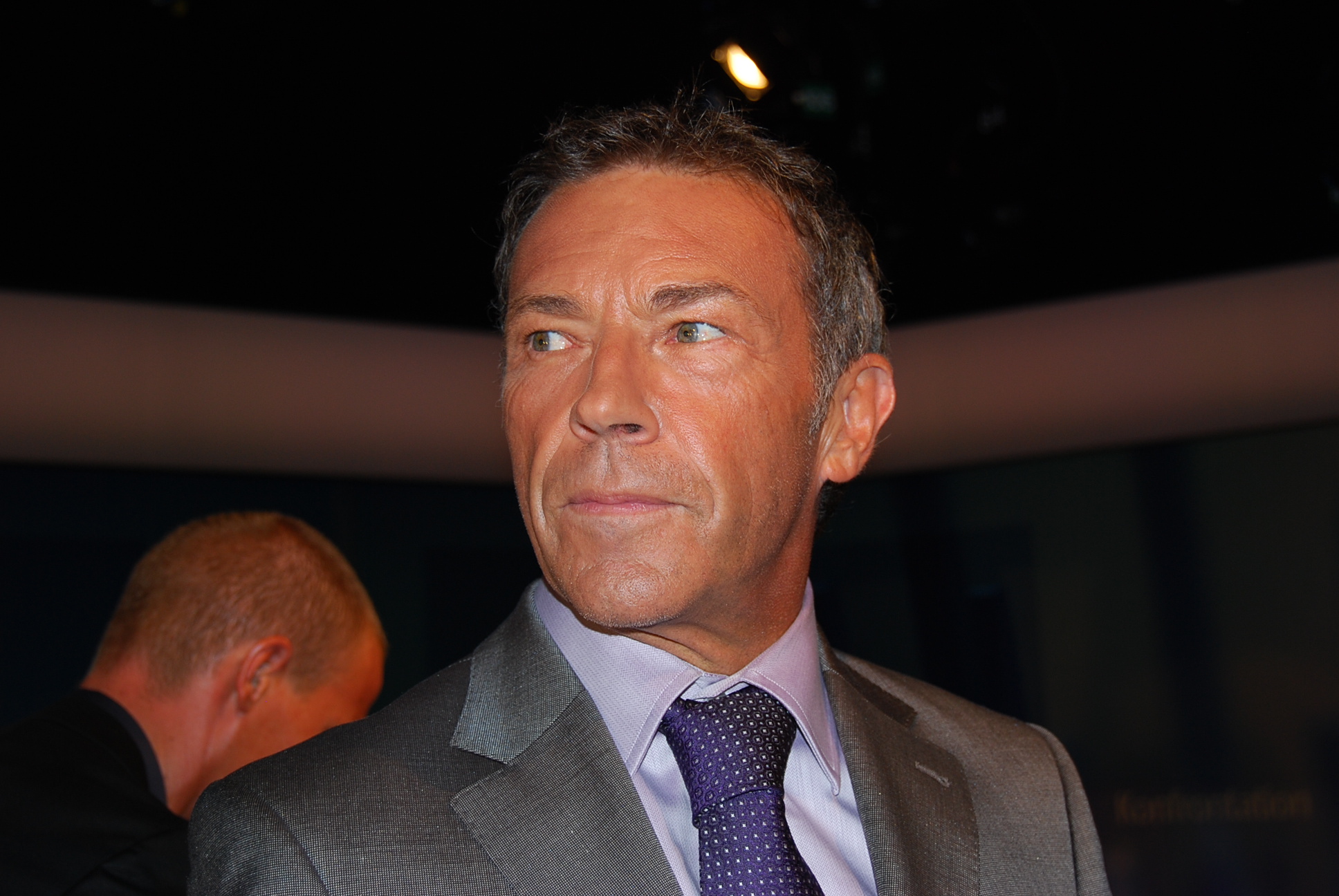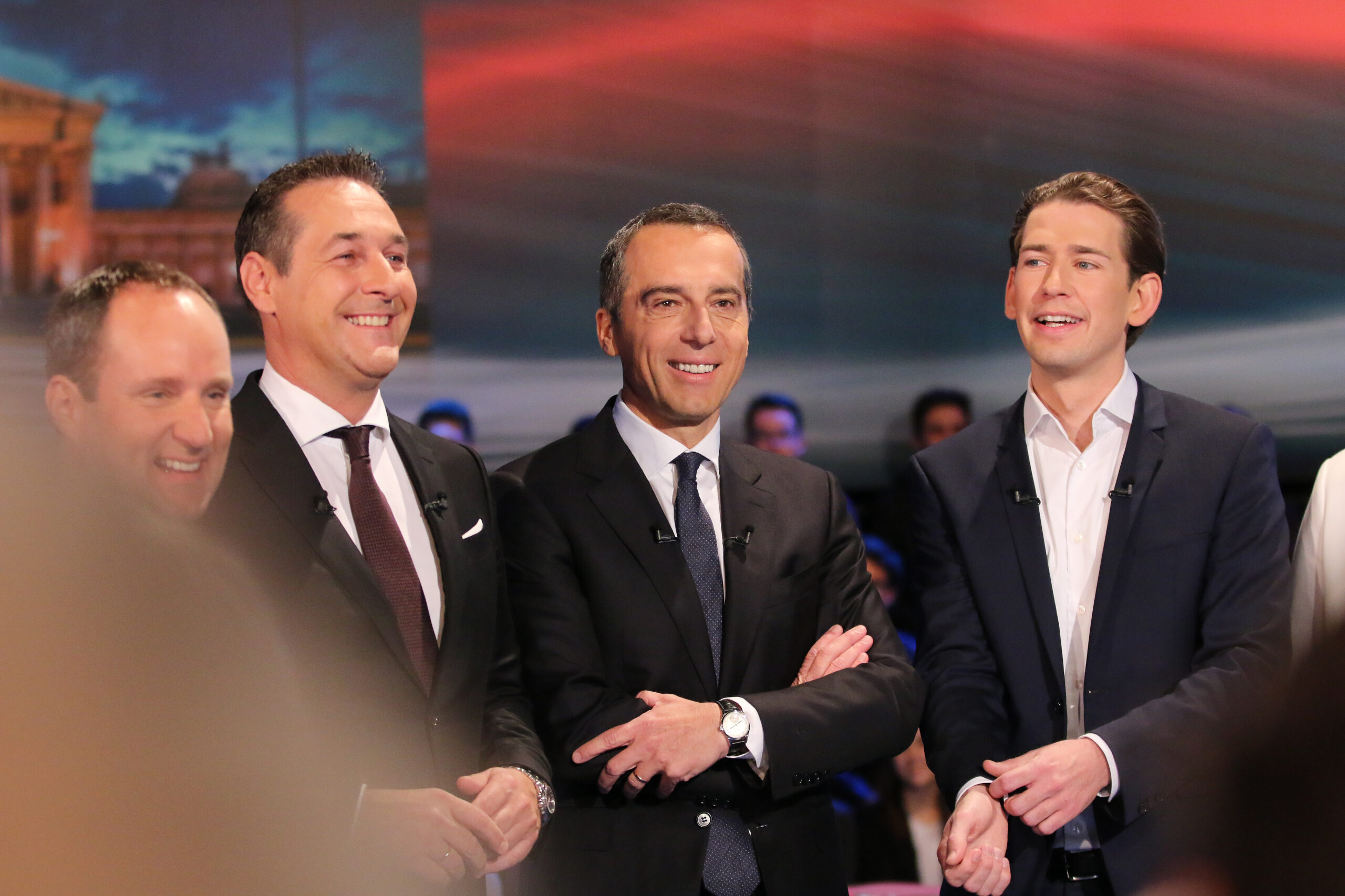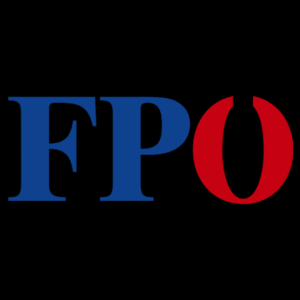Following snap elections in 2019, ÖVP formed a coalition with the Greens, marking a departure from the previous ÖVP-FPÖ coalition. Meanwhile, Strache was succeeded as FPÖ party leader by Hofer, who maintained the party’s political trajectory. In a notable speech in 2020, amid the COVID-19 pandemic, Hofer controversially stated that the Quran posed a greater threat to Austria than the coronavirus.
The Ibiza scandal initially caused a sharp decline in FPÖ’s popularity, but the party has made a remarkable comeback since late 2022, consistently leading the polls ahead of the 2024 elections. In 2021, Herbert Kickl challenged and succeeded Hofer as party leader. Kickl, who previously served as interior minister, garnered attention for his controversial remarks about the European Convention on Human Rights, suggesting that legal structures hinder necessary actions and advocating for politics to dictate legal proceedings: “I believe that it is up to the law to follow politics and not for politics to follow the law”.
During the pandemic, Kickl was among the harshest critics of the restrictions, refusing to wear a face mask in parliament, and spreading conspiracy theories on the vaccine. In contrast to Hofers more moderated position, Kickl wanted to capitalise from the public opposition to the governments restrictive policies.
For the first time, FPÖ won the largest share of the votes in the 2024 parliamentary elections. All other parties had however ruled-out government cooperation with FPÖ. Negotiation between the ÖVP, the SPÖ and Neos broke down early in 2025. After the resignation of ÖVP party leader and chancellor Karl Nehammer, the ÖVP changed position and began negotiating with the FPÖ. The negotiations, which achieved considerable international attention, broke down in February after which ÖVP once again turning left and forming a coalition with SPD and NEOS. FPÖ thus remains in opposition, and is according to the polls the popular party in the country with a huge margin.
FPÖ has always been right-leaning on economic issues, placing themselves just to the left of the ÖVP. FPÖ is among the more radical anti-immigration parties in Europe, and the issue has been important for them since the early 1990s. In 2024, they campaigned on the promise of a “Fortress Austria”. The pan-germanism of the party’s early years has been replaced by a more direct Austrian nationalism. FPÖ has continued to be supportive of Russia, even after the invasion of Ukraine. Kickl argued that Russia and Nato “shared responsibility” for the invasion, and when Zelensky held a speech in the Austrian Bundestag, Kickl and other FPÖ MP:s walked out. In the 2024 electoral campaign, FPÖ promised to abolish the sanctions against Russia.
Since 1990, Austria has consistently seen a right-wing majority in parliament, yet the ÖVP has opted to form a government with the populist right only on three occasions. This reflects the ambivalent stance within the ÖVP regarding alliances with right-wing parties








